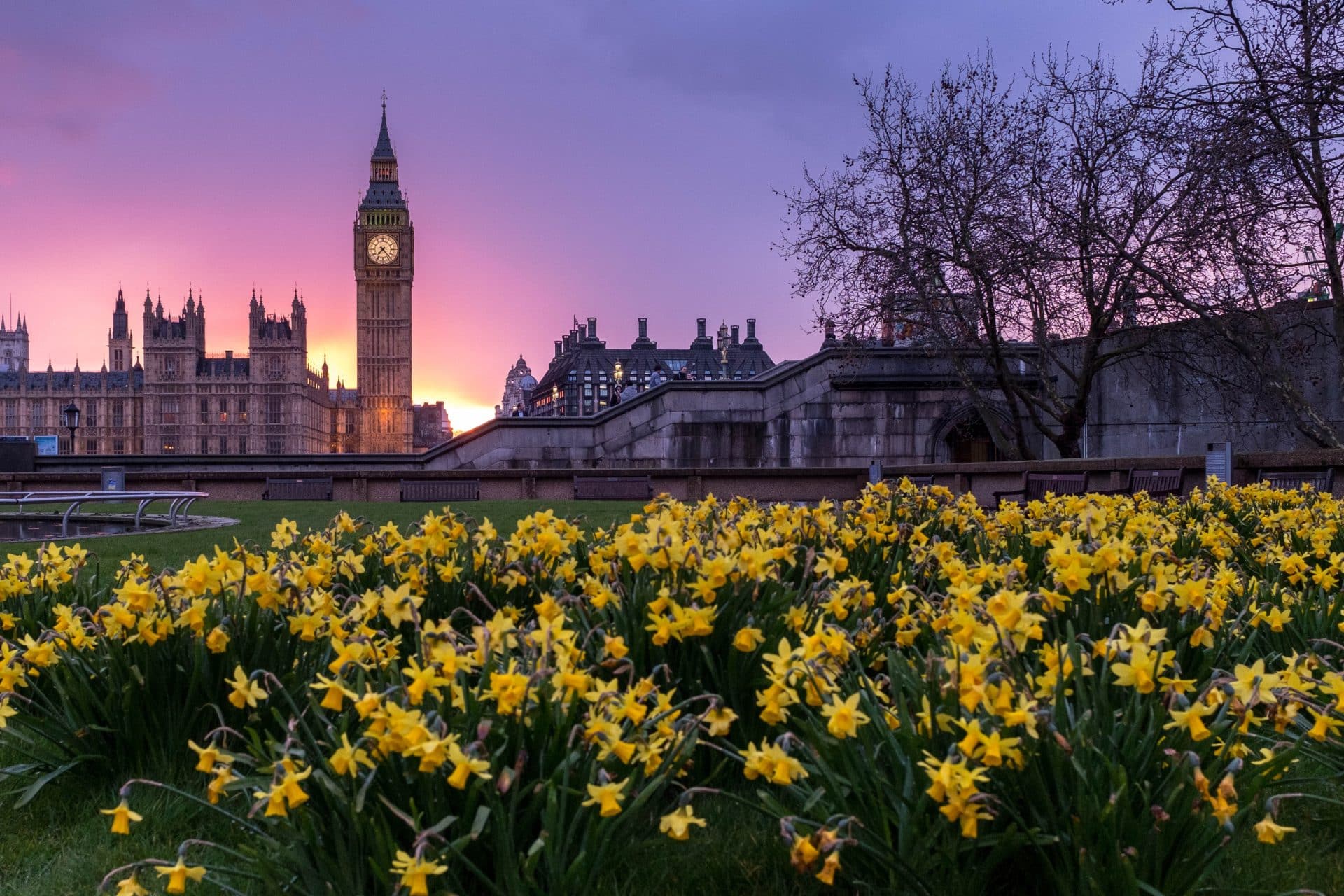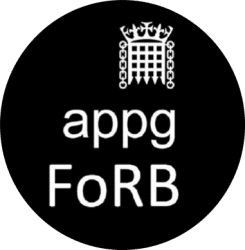The Vietnamese government’s persecution of ethnic Montagnard Christians in Vietnam’s Central Highlands reflects broader rights violations against religious minorities in the country, Human Rights Watch says in a new report. The head of Vietnam’s ruling party, General Secretary Nguyen Phu Trong, is due to visit Washington, DC, in early July.
The 33-page report,“Persecuting ‘Evil Way’ Religion: Abuses against Montagnards in Vietnam,” is based on official Vietnamese media reports and Human Rights Watch interviews with Montagnards seeking asylum abroad. It describes religious and political persecution of Montagnards, highlanders who practice De Ga and Ha Mon forms of Christianity that the government calls “evil way” religions.
“Vietnam’s official media make it shockingly clear that persecution of religious minorities is state policy,” said Brad Adams, Asia director. “The government should discard its Cold War mentality of treating people of different religions as the ‘enemy within’ and respect their basic right to religious freedom.”
Montagnards interviewed by Human Rights Watch described how people accused of belief in religions the government declares not “pure” and of having politically “autonomous thoughts” have been subjected to constant surveillance and other forms of intimidation, arbitrary arrest, and mistreatment in security force custody. In detention, the authorities question them about their religious and political activities and possible plans to flee Vietnam.
Government violations of the right to freedom of religion or belief in the Central Highlands reflect abuses also occurring in other areas of Vietnam. The authorities frequently monitor, harass, and at times violently crack down on religious groups that operate outside official government-registered and controlled religious institutions. Vietnam implements onerous regulations on religion that have been strengthened since 2013 with the promulgation of Decree 72, which prohibits “manipulation” of religion to “conduct propaganda against the state” or “undermine … national unity.”
Meanwhile, Thailand’s junta banned the HRW news conference in Bangkok to launch this report, claiming it would affect “relations” with the country’s communist authoritarian neighbour.
HRW said: “Thailand is choosing to side with dictatorships in ASEAN while further stepping up repression at home.”
The cancellation order issued by Thai police Friday said officials believed the press conference may “affect national security and Thai-Vietnamese relations and cooperation”. “The event is not appropriate in the current situation,” it added.
Cambodia is also involved: Vietnamese authorities have responded to the flight of Montagnards into Cambodia by pressuring Cambodian authorities to prevent border crossings and deny those who do cross the right to seek asylum. On January 16, Vietnamese Minister of Public Security Tran Dai Quang visited Phnom Penh and met with Cambodian Minister of Interior Sar Kheng, during which they signed a set of agreements including provisions on security force cooperation in border areas to “struggle against people” who had “fled across to the other country for refuge.” From late 2014 through late June 2015, Cambodia forcibly returned at least 54 Montagnards to Vietnam without allowing any opportunity to seek refugee status, and had denied at least another 118 the possibility of registering in Cambodia as asylum seekers.
Human Rights Watch called on the Cambodian government to ensure that all Montagnards and other asylum seekers from Vietnam have the opportunity to lodge refugee claims and receive a fair determination of their claims for protection. Should Cambodia fail to do so, the United Nations High Commissioner for Refugees should exercise its mandate to conduct refugee status determinations for asylum seekers in Cambodia and to protect all people of concern from forced return to threats to their life or freedom.
“Montagnards and others fleeing persecution in Vietnam should be allowed to make claims for asylum in Cambodia and other neighboring countries without being illegally forced back,” Adams said. “Donors and other governments need to make ending these abuses a priority instead of seeing them as part of their ‘business as usual’ approach to a one-party state that refuses to engage in serious human rights reforms.”

